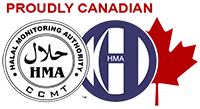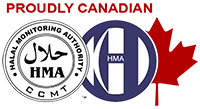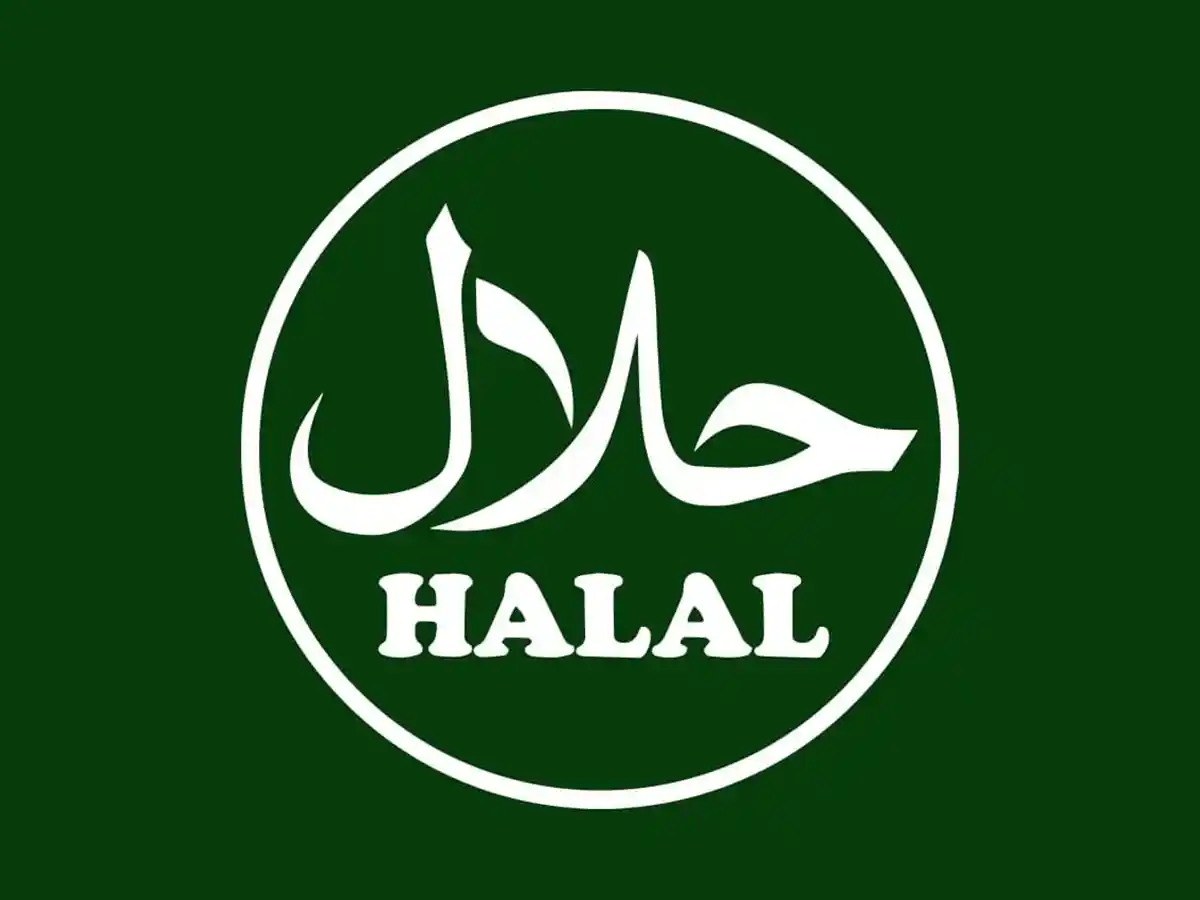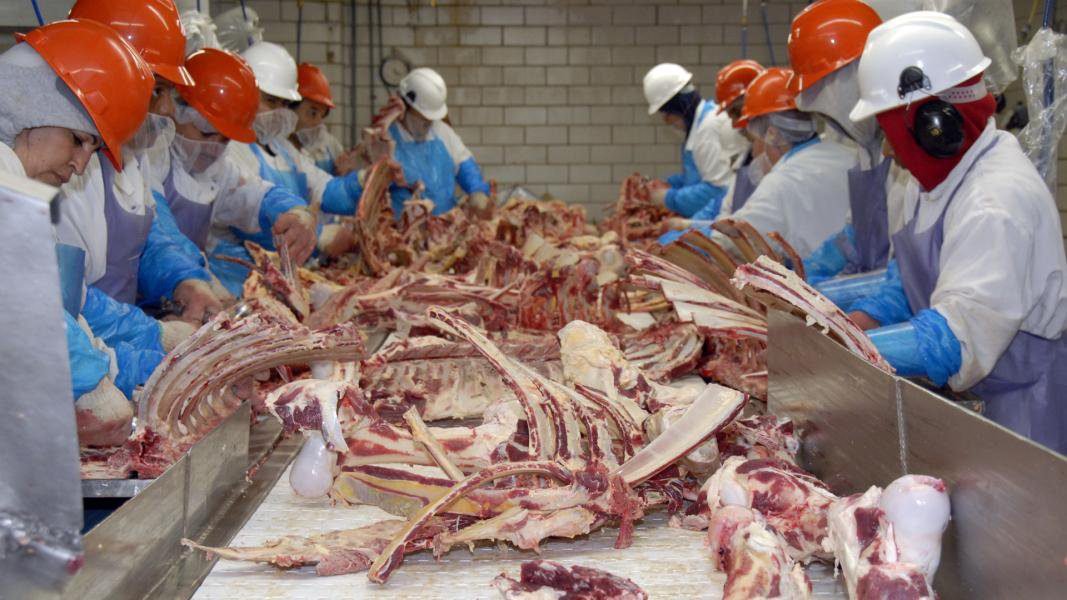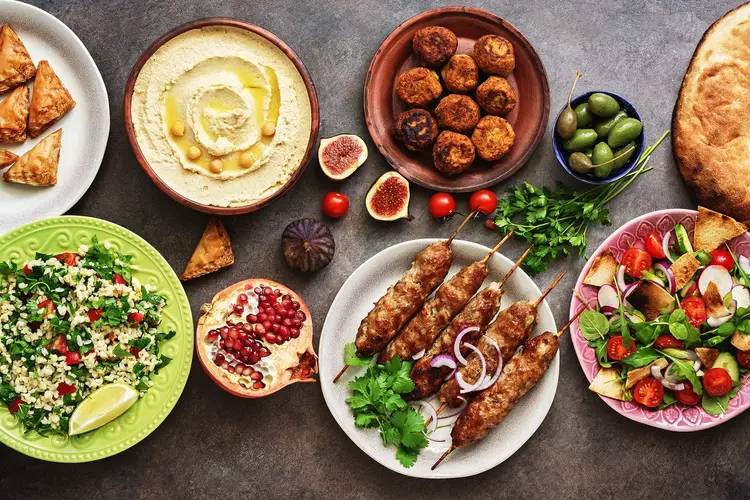In a highly competitive global marketplace where many conventional market categories have achieved saturation and are resistant to penetration, the halal segment, which accounts for more than 10% of international goods commerce, presents enormous economic prospects.
Initially limited to meat and poultry, halal has expanded to encompass non-meat items such as processed foods, dairy products, drinks, pharmaceuticals, and, more recently, non-food items such as cosmetics and leather goods. Due to the lack of different harmonized system (HS) codes and the non-segmentation of natural items innately halal, such as grains, fruits, and vegetables, determining the exact size of the halal market has been difficult. The worldwide halal industry is about $1.5 trillion, up from $635 billion in 2010 and expected to hit $2 trillion by 2023.
Halal food is expected to grow from $1.3 trillion in 2017 to $1.8 trillion by 2023, while halal medicines will increase from $87 billion to $131 billion, halal cosmetics will grow from $61 billion to $90 billion.
Around 1.8 billion Muslims make up the world’s main consumer base for halal products, expanding at double the pace of non-Muslims. The 57 member nations of the Organization of Islamic Cooperation (OIC), many of which are net food importers, have a combined GDP (PPP) of $29 trillion.
On the other hand, the halal market is not confined to OIC members; it also covers countries with large Muslim populations. Due to the food safety and compassionate treatment of animals associated with meat halal products are gaining popularity among non-Muslim customers. Because of its potential for expansion, economic operators, but rather a new commercial paradigm no longer consider halal. Because of the great development potential of the halal industry, countries are using their manufacturing strength to acquire market share, regardless of the religious views of their majority population.
There are three crucial success elements for capitalizing on the halal market’s potential.
First, halal certification is a minimum market access criterion that ensures the consumer’s confidence in the product’s halal status. The certificate’s dependability is also critical to avoid misleading claims, as is the acceptance of halal certifying authorities in the export market.
Halal certification can also be used as a marketing strategy in the food manufacturing industry. The number of Muslims worldwide is growing every day, and it is now necessary to provide halal food across the globe to sell your brand or promote your company. Neglecting the value of halal meat in Toronto will undoubtedly affect many people. If a food business owner or a large corporate group wishes to expand throughout the world in the food industries, ignoring halal certification will never help them gain a position in the global market. If you want to be certified, HMA Canada can help you. HMA CANADA is a Halal certifying agency that is recognized all around the world. We adhere to worldwide Halal and Food Safety Standards. We are devoted to offering first-class service by establishing quality objectives and targets in all areas of our operation, including food delivery, to continuously improve our service performance continuously.
Second, proving the halal integrity of the product by adhering to halal standards and guidelines requires a dependable tracking method. Halal is a farm-to-fork procedure that involves halal purchasing, manufacturing, packing, labeling, warehousing, transportation, and consumption at all supply chain stages.
The Halal Corridor is an enhanced network connecting new and established trade ecosystems with the infrastructure required to access the global market for halal goods. Now enhanced by modern financial systems in trade and technology, the Halal Corridor connects businesses to consumers and buyers to sellers across the value chain. The Halal Corridor proposition ensures that producers, manufacturers, suppliers, wholesalers, and retailers are given the right solution to enable their ability to meet this demand.
The third and most significant component is production competitiveness, which ensures food safety and quality. The fact that most prominent halal exporting nations and businesses are non-Muslims suggests that market domination is based mostly on low production costs and a reputation for safe and high-quality food manufacturing; halal certification is only an add-on.
New opportunities in the worldwide halal food sector are created by changing world demographics and rising global demand. The emerging consumer market of non-Muslims who eat halal food items for ethical and safety grounds will become increasingly important as the Muslim population grows. Consumers in majority-Muslim nations throughout the world are looking for fresh and unique halal-certified items that aren’t commonly available.
In addition, product safety and quality are becoming increasingly important. Local impressions about halal products are crucial to building a loyal customer base. The reputation of Canada as a provider of high-quality, safe food items may help Canadian businesses break into the worldwide halal market.
So if you want to be a part of this halal market that opens up opportunities for your business, contact HMA Canada today. Our team of professionals will help you through your journey
